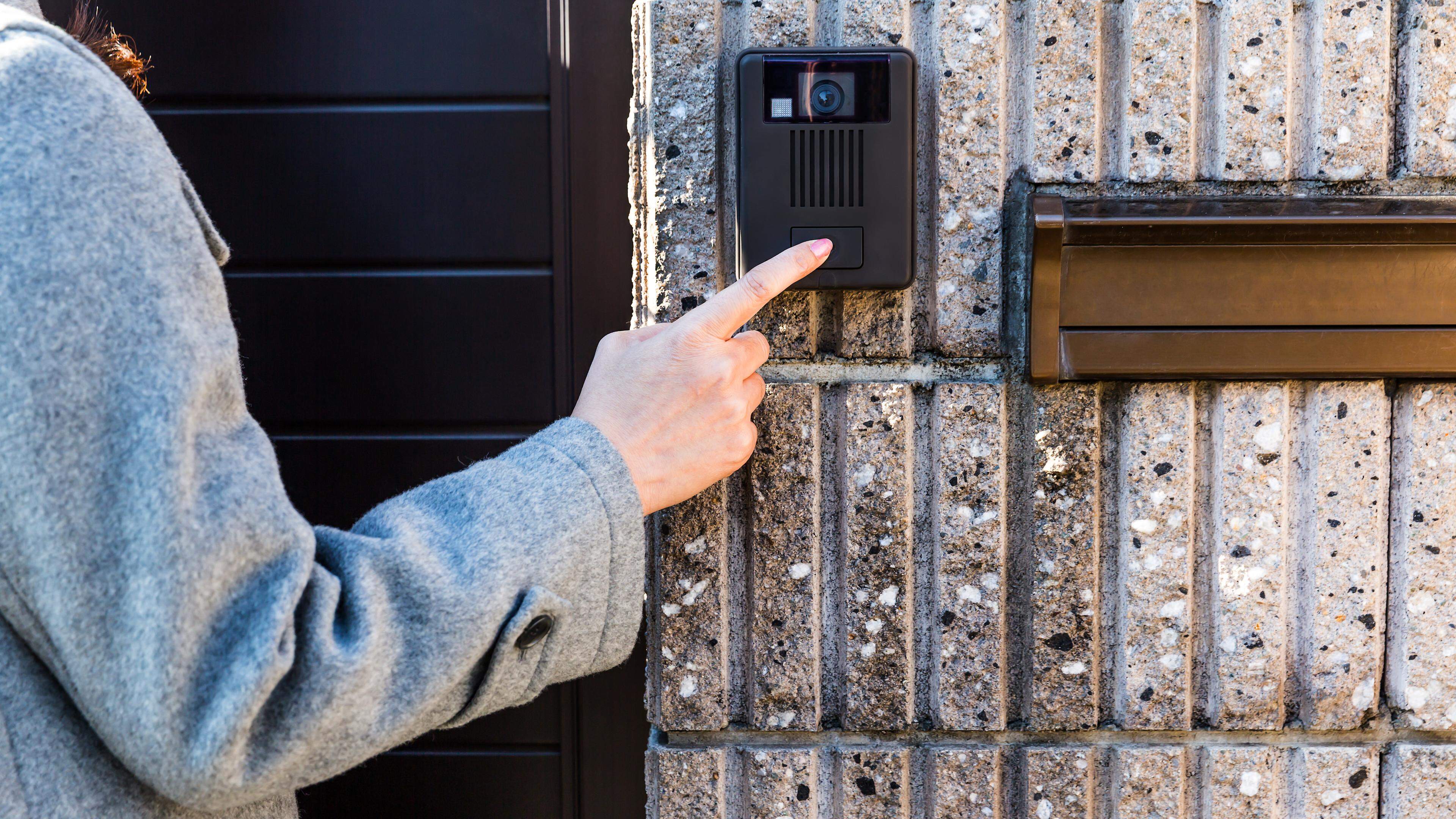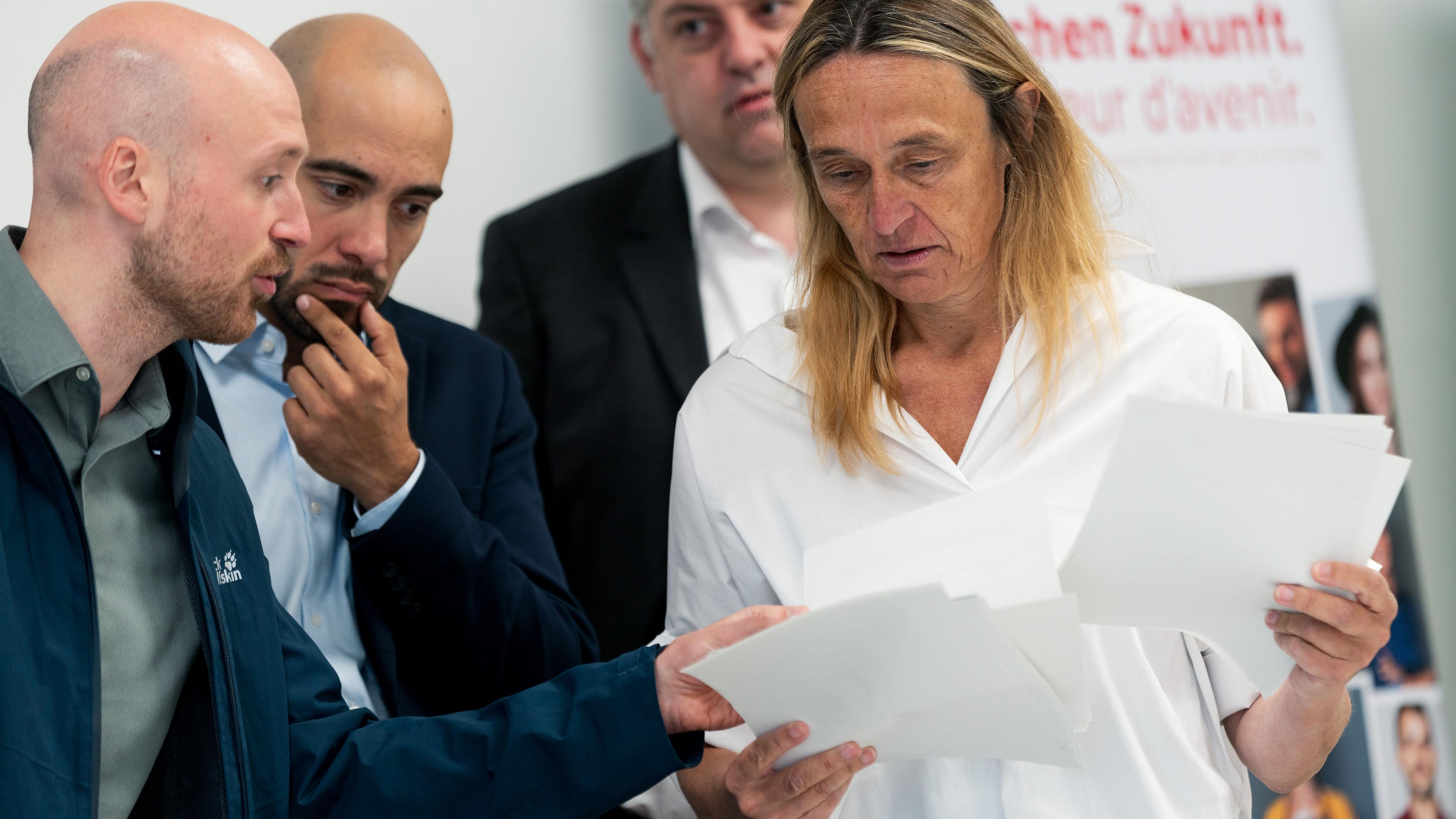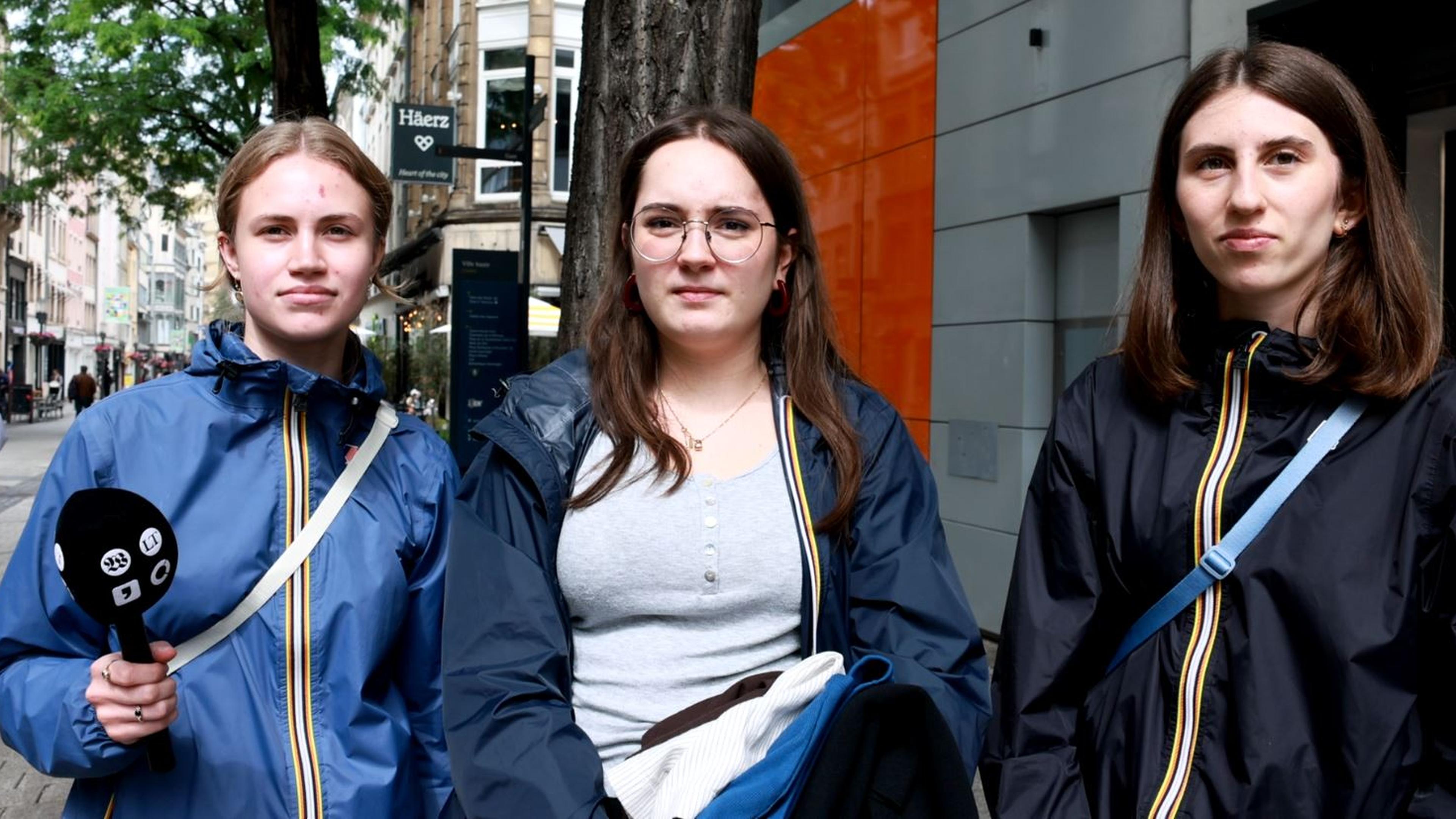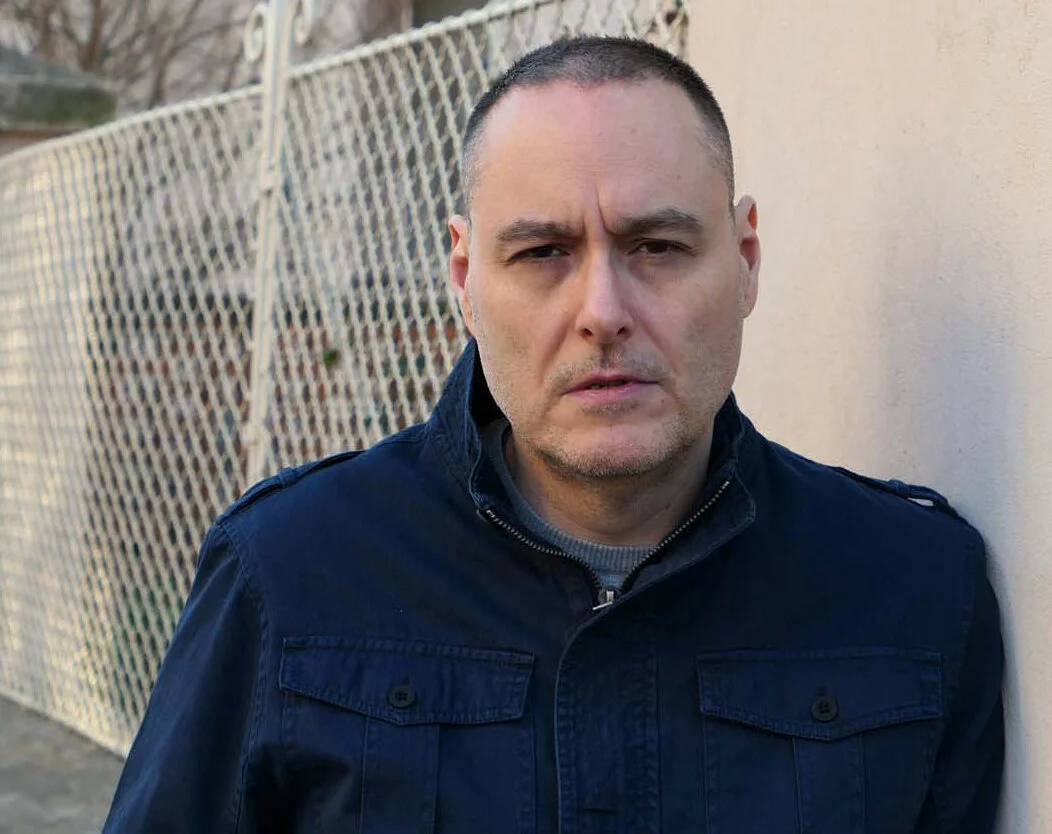When the CNS rings on the doorstep

When the weather is nice, it is of course particularly hard, the thing about work. While the sun is shining outside, everything is slowly getting green, the terraces of the ice cream parlors and cafes are filling, you sit at the desk yourself, paint on a construction site or torture yourself through the shift work. If you want to change something about it, you either have to take a vacation – or register sick. The latter is of course not to be understood as a recommendation, but rather as an illegal alternative at the expense of the employer and, if necessary, also the colleagues. Unfortunately, this does not rule out that it is also practiced – but also does not exclude that this in turn is practiced.
As the Caisse Nationale de Santé (CNS) reports on request, employees must expect that this will be checked on the first day of their sick leave. And by a home visit, which can also be initiated by the employer. However, according to CNS, it is not checked whether someone is actually sick or only simulated, but just the presence. Because in principle: if you let yourself be sick and are not exactly for treatment or recovery at the doctor, in the hospital or, for example, in a cure, you have to be at home.
Sure: there are also many exceptions here. Eating away, for example, is allowed. And if it is more practical, for example, to cure in another apartment because the circumstances for recovery are better or due to an injury a barrier -free accommodation is required, this is also allowed. In this case, however, the national health insurance fund must be informed.
The same applies to trips abroad. These are allowed under certain circumstances, but must be registered and approved. So if a representative of the CNS is at the door at some point and there is no one in the house to open this door, this can be problematic. However, the emphasis is on « can ». Because even if no one is found at home, sanctions are not necessarily threatened.
« About half of the controlled people do not open the door for the controls that the CNS carries out, » explains a spokeswoman for the health insurance fund. In such cases, a notification will then be stored with the request for a written justification for the absence. So initially there is no threat of a fine if the sick party can justify his non-home home. He has three days to do this.
If this does not happen – and according to CNS, this applies in about half of the cases – the President of the CNS can impose an order. This in turn does not exceed 3/30 of the basic wage, which serves as the basis for contributions for the financial sickness benefit « . So the sanctions are not really radical.
According to the response to a parliamentary request from 2011, the then six recipients of the CNS are said to have completed a total of 9,141 home visits in 2009. However, getting to the latest numbers proves to be extremely difficult. Because the health insurance is walled.
There is also repeated demand from « Télécran » and « LXKeine Answer. The Ministry of Health also does not provide any information, refers to the health insurance company, which continues to be silent and also dispenses with information on this in its recent annual report (for 2023).
There may be a good reason for this, namely that the effort is in no way in relation to the yield. At least one interview with « RTL » from 2012 suggests this suspicion. There is talk of this that during control visits about every tenth of the people sought had violated rules. So the question could be whether this effort is worth it at all or whether one is simply satisfied with the (extrapolated) knowledge that statistically every tenth dilated not adheres to the specifications. Especially since the hospital status itself is not checked, but exclusively whether someone is at home or not.
Leaving the apartment during a sick leave is subject to two special rules that vary depending on the duration of the sick leave. From the first day and throughout the duration of the incapacity to work, the patient can leave the house to eat away. However, “it is necessary to do the CNS in advance via a Online form to inform, ”explains the health insurance fund.
Between the first and the fifth day of work interruption, the employee can also leave the house in order to perceive or have dates at the social insurance control medical service (CMSS) or to be treated as well as to buy medication and medical devices. In both cases, it is not absolutely necessary to inform the CNS about it, but the person concerned must be able to justify the absence of home in the event of a check.
If the doctor has given this in the incapacity for work, the patient may be out of the house from the sixth day of the interruption of work between 10 a.m. and 12 p.m. and between 2 p.m. and 6 p.m.
If the incapacity to work lasts for more than six weeks, the patient can apply for an exception to these starting times for the CNS. There is also one for this Formwhich can be called up on the organization’s website. The CNS indicates that « theoretically during the incapacity to work, the country of residence must not differ from the country of the official residence ». However, there are some exceptions. With prior approval, employees can travel abroad if there is serious illness, such as stroke, cancer, multiple sclerosis or severe heart failure if they receive palliative care or if they are in a disability procedure.
Other cases in which the CNS can approve a trip abroad concern the death of a relative or the birth of a child abroad. The approval is only granted when they and the birth are given when they have occurred, i.e. a death or birth certificate must be presented. The form provided for this purpose, which is also available on the CNS website, must be sent in at least one week before departure.







